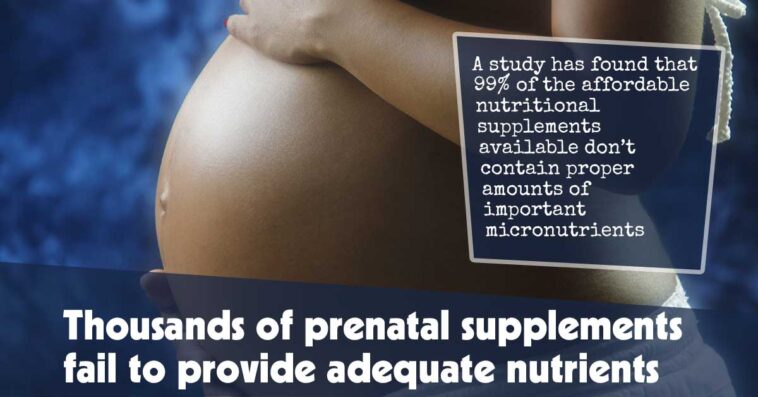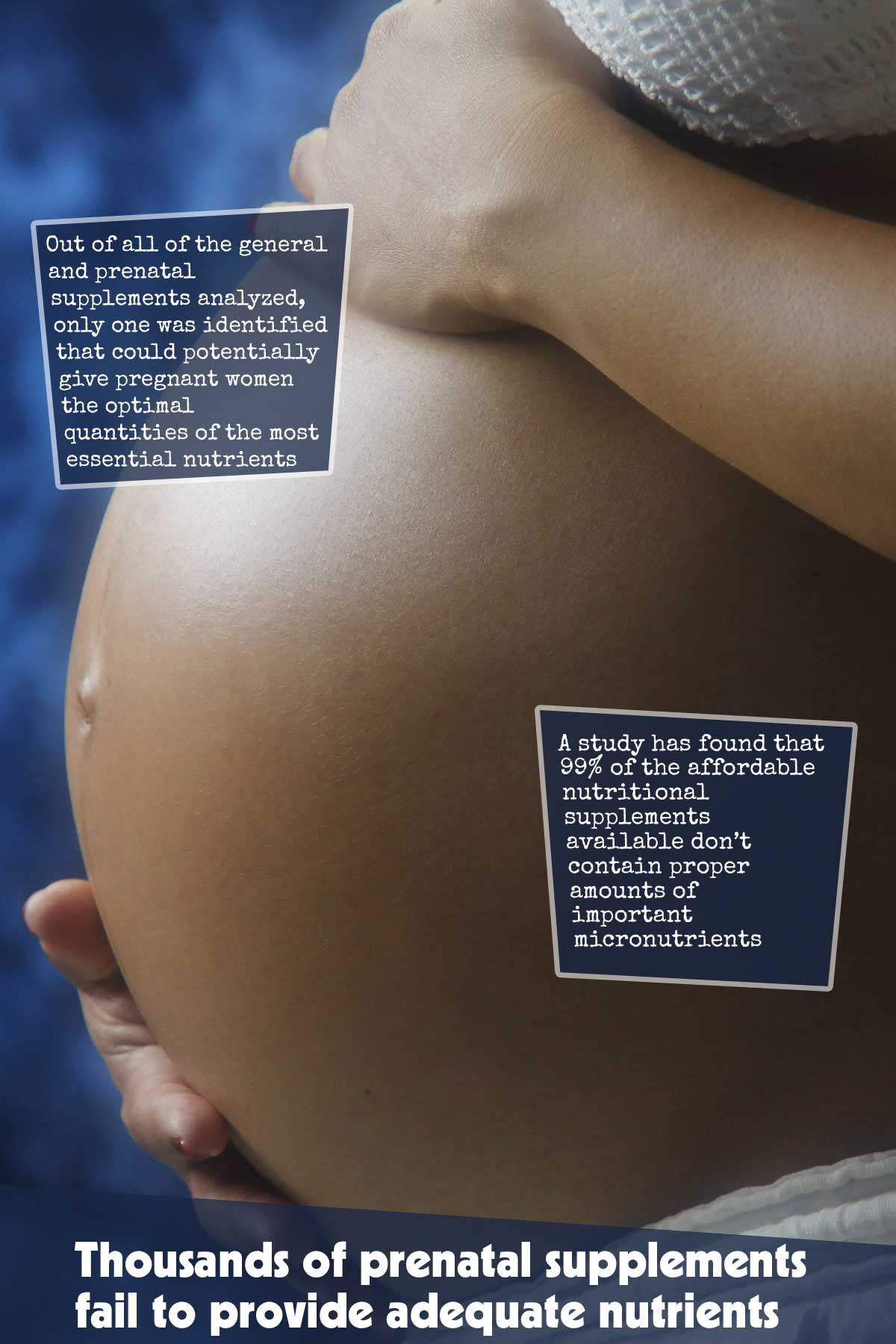A study indicates that 90% of women who are pregnant don’t get sufficient nutrients while pregnant just from food and must resort to supplements to satisfy that shortage.1✅ JOURNAL REFERENCE
DOI: 10.1016/j.ajcnut.2022.12.018
However, they also found that 99% of the affordable nutritional supplements available don’t contain proper amounts of important micronutrients that are desperately required to compensate for the nutritional shortfall.
Nutrition is essential for a healthy mom and the baby. Not enough specific nutrients can result in birth defects, low birth weight, pre-term birth, as well as other health problems. An excess could also change how the body of the baby develops and the risk of having health issues later on.
That’s why consuming a balanced diet as well as selecting a good prenatal supplement is so necessary. The study observed 2,450 women during their pregnancy. Data were first analyzed about what the women drank and ate throughout their pregnancies.
It was then established what quantities of omega-3 fatty acids, iron, calcium, folic acid, vitamin D, and vitamin A, each individual was getting from just food and how much they required to satisfy the nutritional guidelines suggested by the NIH while pregnant was determined. They then compared over 20,000 supplements containing additional nutrients.
Out of all of the general and prenatal supplements analyzed, only one was identified that could potentially give pregnant women the optimal quantities of the most essential nutrients. However, the monthly expense of this supplement could be too much for some individuals and pregnant women are required to take 7 pills every day.
This study results will help advise pregnant women and their physicians about important nutrients their diets are deficient in and help in selecting prenatal supplements that can provide the nutrients needed. Manufacturers of dietary supplements can also use these results to improve product dosing.
The study results emphasize a continuing need for prenatal supplement options that are convenient and inexpensive, while still providing the optimal essential nutrient quantities. More research on food nutrients is also required to help provide pregnant women with more of these essential nutrients in their daily diets.




